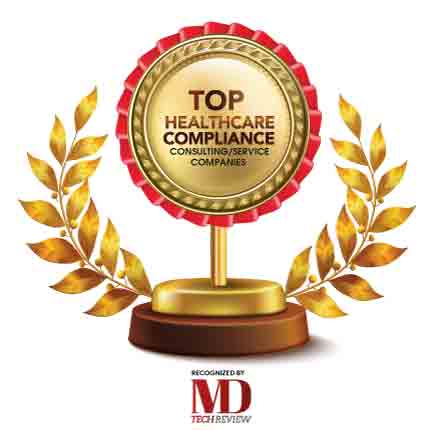According to the World Health Organization (WHO), about 85 percent of the total amount of waste generated by health-care activities is general, non-hazardous waste. The remaining 15 percent is considered hazardous material that may be infectious, toxic, or radioactive. In the wake of the COVID-19 pandemic, medical waste management has become essential than ever
Fremont, CA: Medical waste management is one of the biggest day-to-day challenges faced by healthcare providers all over the world. According to the World Health Organization (WHO), about 85 percent of the total amount of waste generated by health-care activities is general, non-hazardous waste. The remaining 15 percent is considered hazardous material that may be infectious, toxic, or radioactive. Safe and environmentally sound waste management can prevent adverse health and environmental impacts, including the unintended release of chemical or biological hazards. However, its open burning and incineration could result in the emission of dioxins, furans, and other particulate matter that could put the health of patients, healthcare workers, and the general public in danger. 
In the wake of the COVID-19 pandemic, medical waste management has become essential than ever. Medical waste is generally categorized into four types in the U.S. The bulk of medical waste constitutes general waste, which is typically from households and offices. Any waste that could cause an infection in humans is infectious waste, like blood, human tissues, or anything contaminated with body fluids. Wastes that are dangerous, such as sharps, surgical equipment, and certain chemicals are termed as hazardous waste. Any waste generated as a result of radioactive treatments like cancer therapies is called radioactive wastes. All these different types of medical waste require different disposal techniques to ensure that these materials cannot contaminate or spread to other areas.
Medical waste can cause significant health risks and environmental impacts if not managed properly. While the most exposed to such health risks are patients and healthcare professionals, it can be potentially harmful to the general public as well. The risks include chemical and radiation burns and exposure to toxic and harmful pharmaceutical products. Improper disposal of needles and syringes could also pose potential health risks. According to WHO, an estimated 16 billion injections are administered worldwide. However, not all of these needles and syringes are properly disposed of afterward. It could be responsible for spreading infectious diseases like HIV, hepatitis B, and hepatitis C.
Untreated medical waste could also lead to many environmental problems such as air and water pollution. Amid this COVID-19 crisis, it has become critical to raise public awareness and promote self-practices regarding medical waste management. It is also essential to develop safe methods for treating medical wastes as current methods like incineration can be dangerous and ineffective.



